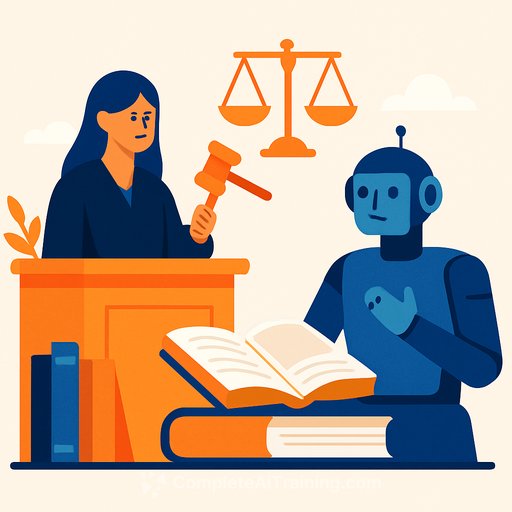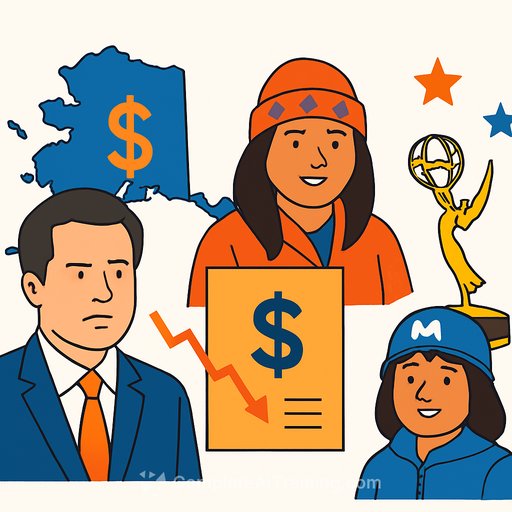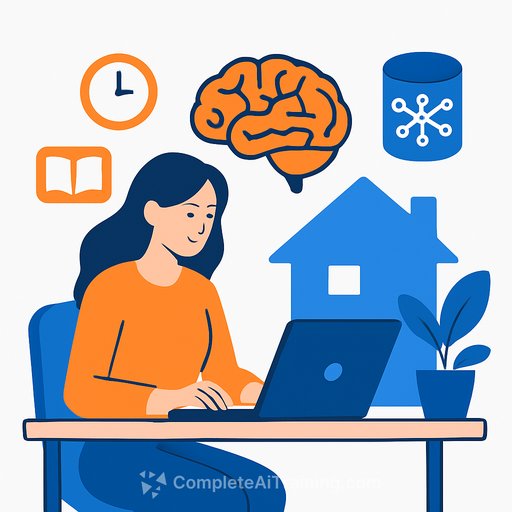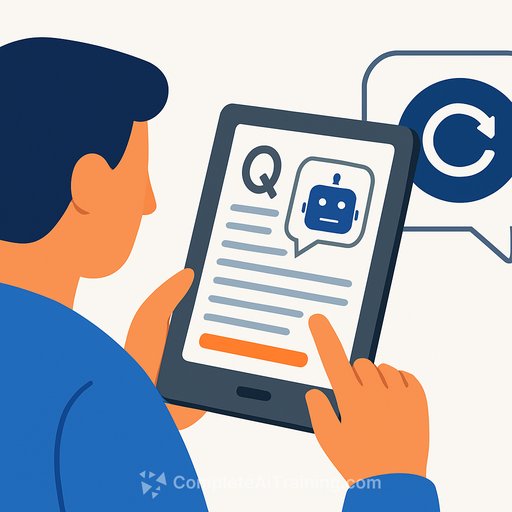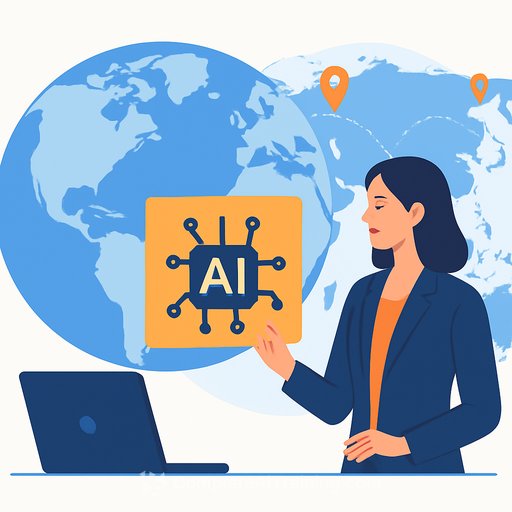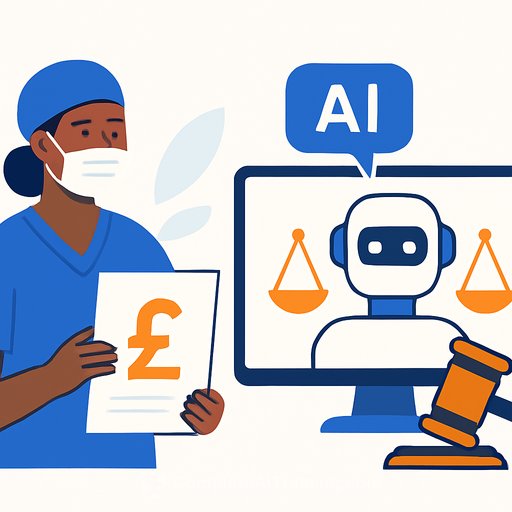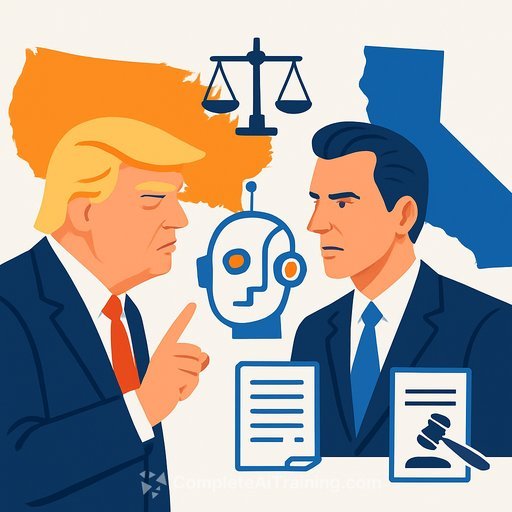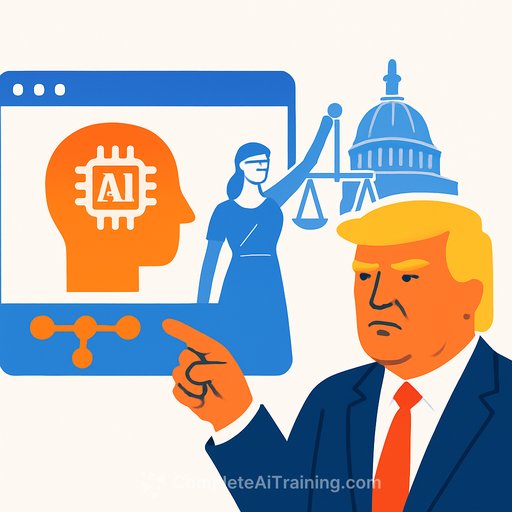U.S. Judges Agree on Fair Use in AI Training Despite Divergent Views
In recent legal decisions, federal judges in the U.S. have ruled that using copyrighted books to train artificial intelligence models falls under fair use. This comes amid lawsuits involving Meta Platforms and Anthropic, both of which secured favorable outcomes in copyright disputes related to AI training data.
While the judges expressed differing opinions on the implications and ethics of AI technology itself, they reached the same legal conclusion: training AI on copyrighted text without explicit permission constitutes fair use under current law.
Legal Context and Implications
The disputes centered on whether using vast amounts of copyrighted material to develop AI models infringes on intellectual property rights. The courts acknowledged the novelty and complexity of AI but maintained that fair use provides a framework for such training practices.
This ruling offers some clarity for developers and companies working with generative AI, suggesting that training on copyrighted books may be legally permissible, at least under certain conditions.
Diverging Judicial Views on AI Technology
Though the legal outcomes aligned, the opinions revealed varying judicial perspectives on the broader impact and regulation of AI. Some judges emphasized concerns about AI's potential to disrupt creative industries, while others highlighted the importance of innovation and technological progress.
This divergence indicates ongoing debate in the legal system about how to balance copyright protection with AI development.
Related Legal Challenges and Industry Developments
- A European Union-Taiwan seminar recently addressed copyright challenges for generative AI, focusing on licensing solutions ahead of upcoming 2025 regulations.
- Meta faces additional legal scrutiny over alleged use of pirated data in AI training.
- Nvidia and OpenAI are engaged in a legal battle concerning data supply chain regulation for AI development.
These cases highlight the evolving legal landscape surrounding AI and data use, with intellectual property law at the center of ongoing disputes.
What Legal Professionals Should Take Away
For legal practitioners and writers, these rulings emphasize the importance of closely monitoring how courts interpret fair use in the context of AI. Understanding these decisions helps anticipate future challenges and advise clients or stakeholders involved in AI development and content creation.
Staying informed on AI-related copyright rulings can guide the drafting of licenses, contracts, and compliance strategies to mitigate legal risk.
For those interested in deepening their knowledge of AI technology and legal frameworks, exploring specialized AI courses can be beneficial. Resources such as Complete AI Training’s legal-focused courses offer practical insights into AI applications and regulations.
Your membership also unlocks:

